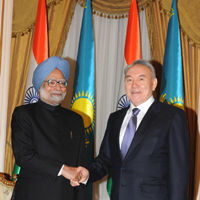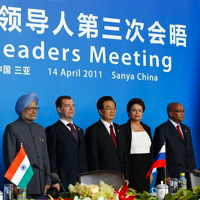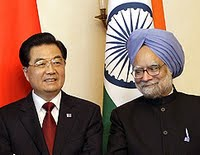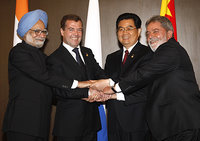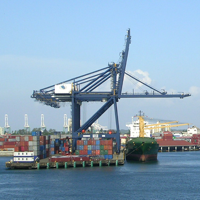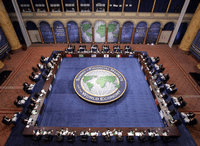
The Saudi intervention in Bahrain has upped the ante in the Saudi-Iranian cold war, crystallizing it into a wider Sunni-Shiite schism in the Muslim world. Saudi Arabia has reportedly invoked a treaty with Sunni-dominated Pakistan to secure troops to stabilize both Bahrain and its own oil-rich eastern provinces. Riyadh has also asked Turkey to make it clear to Iran that interference in the Gulf states will not be tolerated. At the other end of the spectrum, Shiites worldwide are enraged at what they see as Western duplicity in not stopping Saudi heavy-handedness in Bahrain, while showing solidarity with anti-regime protestors […]

